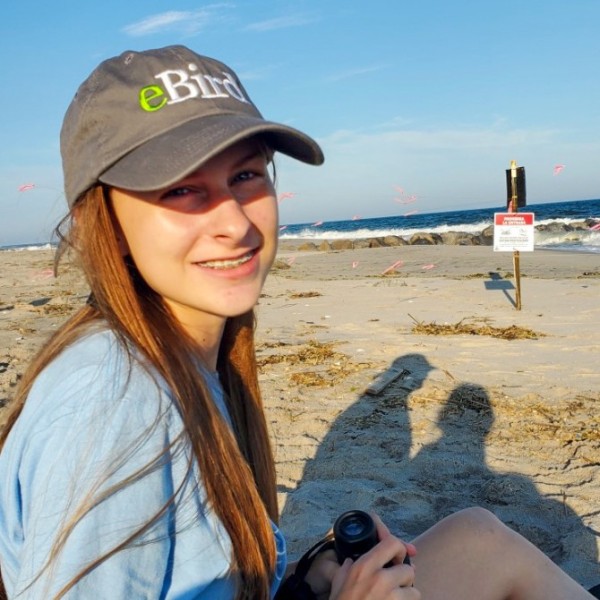An obvious and tasty accompaniment for pancakes (and anything else it touches on a breakfast plate), maple syrup also sweetens New York’s agricultural economy. Second only to Vermont in U.S. production, New York produced a record 806,000 gallons of maple syrup in 2018.
With the second of two New York State Maple Weekends being hosted March 30-31 at “sugar houses” around the state, Cornell Cooperative Extension Lewis County Executive Director Michele Ledoux joined the “Extension Out Loud” podcast for an episode on all things maple.
A community economic development specialist who works closely with the Cornell Maple Program, Ledoux talked with hosts Katie Baildon and Paul Treadwell about helping producers develop value-added maple products and fine-tuning marketing and packaging materials. She also shared her experiences helping them enter international markets.
The wide-ranging conversation also covered:
- the ins and outs of maple syrup production, including the adoption of vacuum tubing and its impact on production;
- environmental measures New York state growers – with help from Cornell – adopt to keep their sugarbushes healthy and sustainable; and
- the market and demand for value-added products.
Earning New York state producers an estimated $141 million annually, syrup and maple-related products are big business. They can be found on grocery shelves all over the state and country, are exported to international markets and are a big draw for agritourists who want see how and where their favorite products are made – and maybe taste some too.
Ledoux said development of value-added products has been the biggest driver of maple’s market growth over the last decade.
“And I would say [maple specialist] Steve Childs, right here at Cornell, has been very instrumental ... . [The Cornell Maple Program] has done a lot of value-added confection workshops around the state to promote not just making maple syrup and putting it in barrels, but actually putting it in smaller containers,” she said. “Whether you’re making maple-coated coffee beans … some kind of maple hard candy … the infused syrups … those are where you’re actually going to have a better return for the value. Now people are saying, ‘What else can I do, what else can I make?’”
Full episodes of “Extension Out Loud,” can be streamed on:





